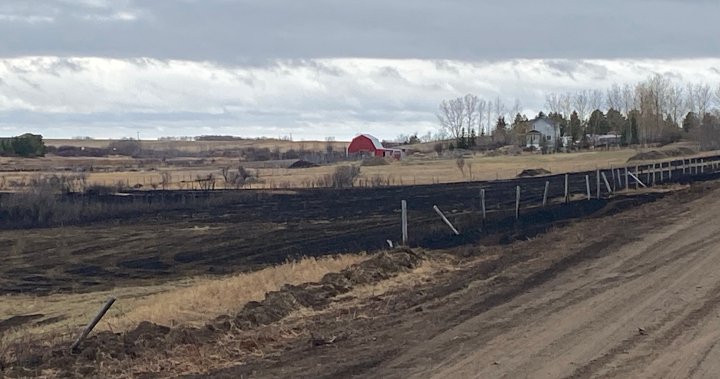Canadian diplomats have quietly but frequently raising concerns over foreign interference and surveillance with their Chinese counterparts over the past two years, newly-released documents show.
A document published by the foreign interference commission Friday shows a total of 48 “representations” to People’s Republic of China (PRC) officials since September 2022. The general topic of “foreign interference” has been raised 31 times in total, including four formal diplomatic letters.
The document also shows Canadian officials raised Chinese overseas “police stations” 20 times, surveillance balloons twice, and two meetings on a former PRC diplomat, Zhao Wei, who was expelled from Canada over foreign interference concerns.
It’s a quieter part of the federal government’s overall response to foreign interference — clandestine operations aimed at shaping Canadian domestic politics chiefly from the PRC, but also countries like India, Iran and Russia.
But the document shows that, away from the public eye, Chinese officials were well aware the federal government was concerned about their alleged meddling in Canadian affairs.
David Morrison, the deputy minister of international trade and former national security adviser to Prime Minister Justin Trudeau, told the commission that “maintain(ing) a live, ongoing discussion with foreign states, even adversarial ones” is a central aspect of addressing foreign interference.

Get breaking National news
For news impacting Canada and around the world, sign up for breaking news alerts delivered directly to you when they happen.
“This, according to Mr. Morrison, is the essence of diplomacy: how you work a relationship with a government that may be adversarial, dealing with a diversity of topics and managing the to-and-fro, cut-and-thrust of the relationship,” Morrison told commission lawyers.
Occasionally, those diplomatic exchanges do make headlines — like when Trudeau had a testy exchange with Chinese President Xi Jinping about the issue on the margins of a G20 summit in 2022. Xi apparently took issue with details about the two leaders’ discussion of foreign interference being “leaked” to Canadian media.
A spokesperson for China’s foreign affairs department called the allegations of foreign interference “nonsense” at the time.
Details and documents released by the foreign interference commission, led by Québec appeals court Justice Marie-Josée Hogue, tell a different story.
Hogue’s inquiry is nearing the end of its second phase of public testimony by senior security officials, public servants and politicians on interference in the 2019 and 2021 general elections.
The inquiry was prompted by media reports, first by Global News, about the extent of foreign interference in Canadian democracy and the repeated warnings Trudeau’s government had on the issue.
In her preliminary report released in May, Hogue confirmed there were attempts by foreign powers to interfere in both the 2019 and 2021 federal elections — but that Canadians ultimately decided both contests.
Hogue’s findings, along with the assessment of multiple Canadian security and intelligence agencies, is that China’s government is the most significant threat in foreign interference operations.
The commission will continue to hear testimony for the next two weeks, including from senior bureaucrats, political staff and cabinet ministers — including Trudeau himself on Oct. 16.
With the next federal election looming on the horizon, Hogue’s final report on foreign interference is due by the end of the year.
© 2024 Global News, a division of Corus Entertainment Inc.




